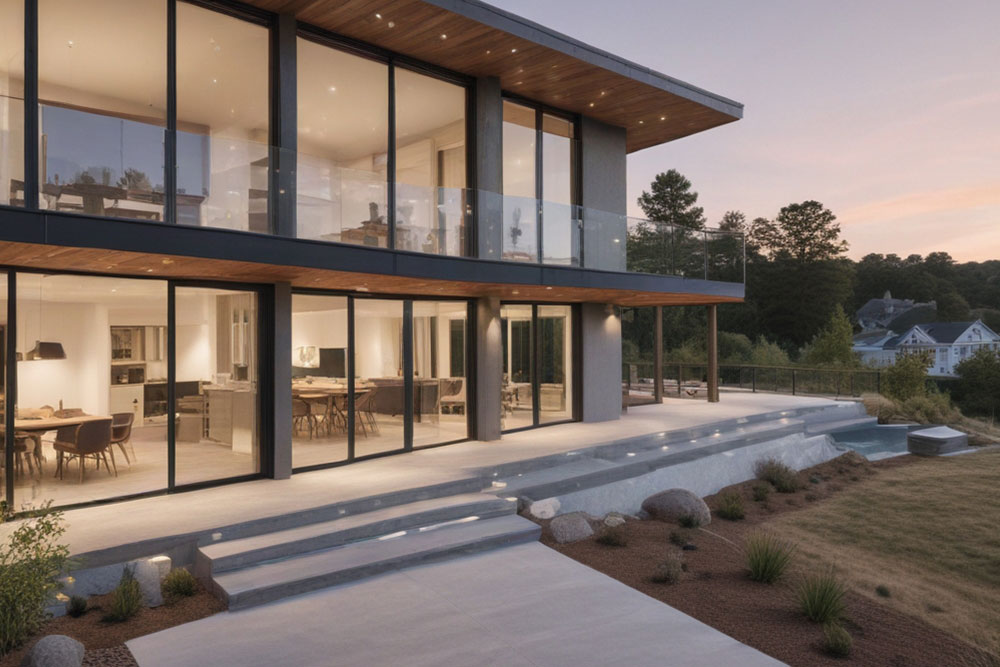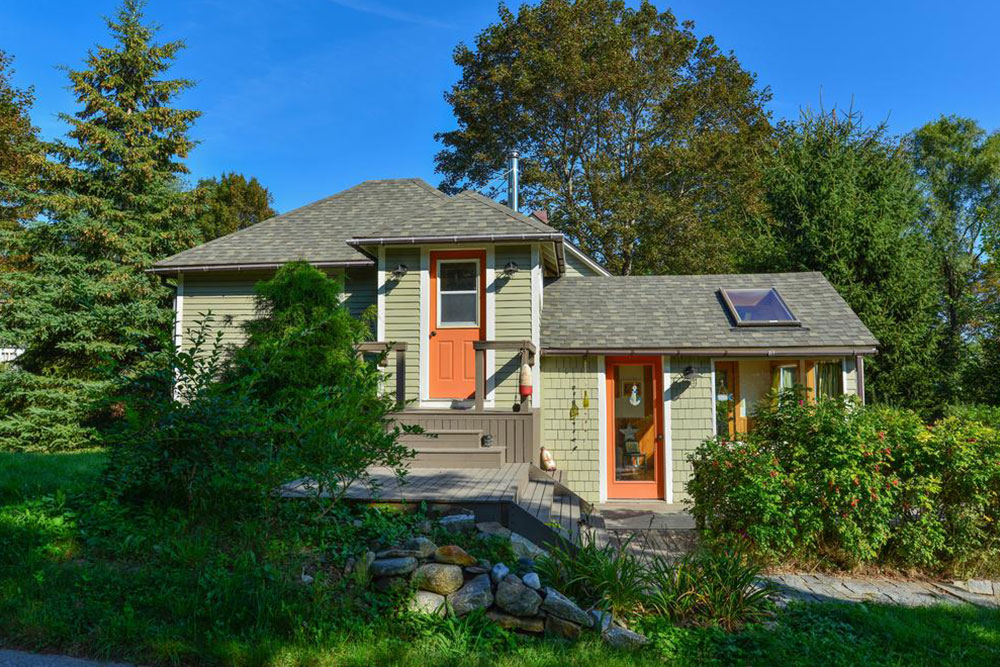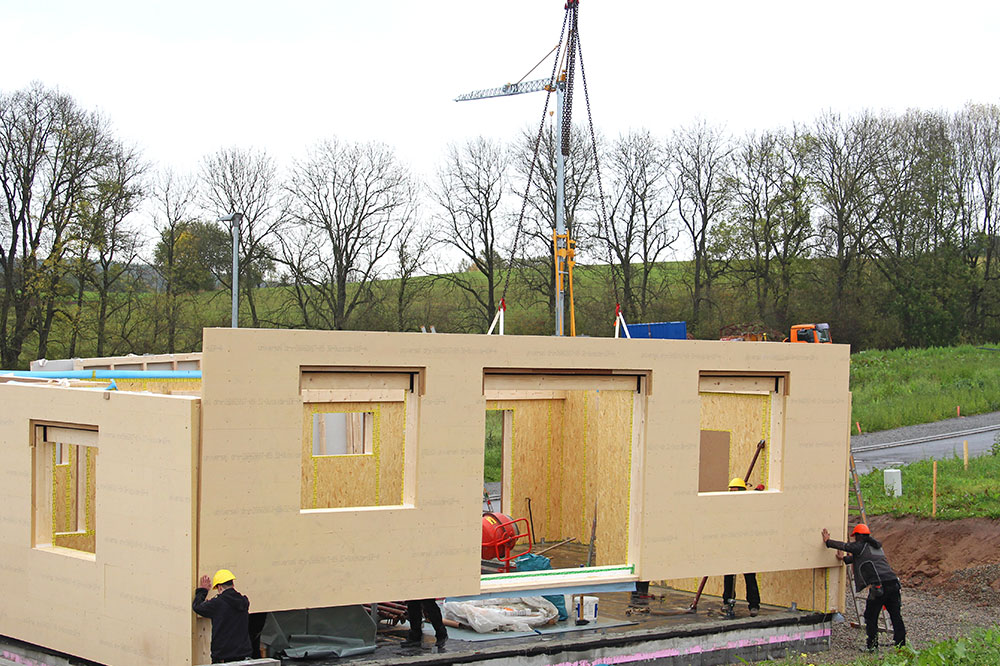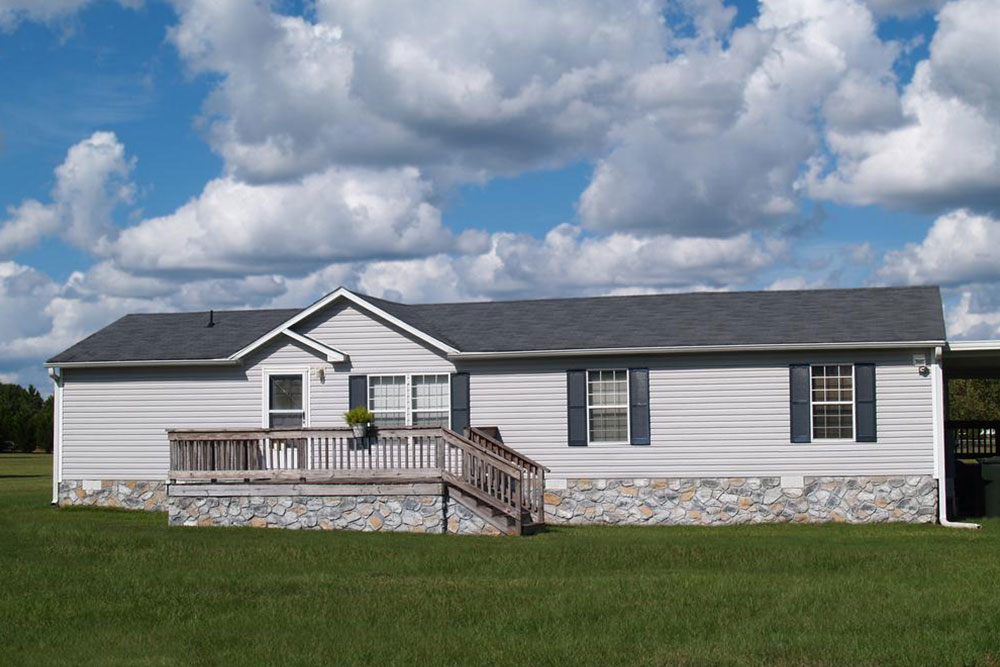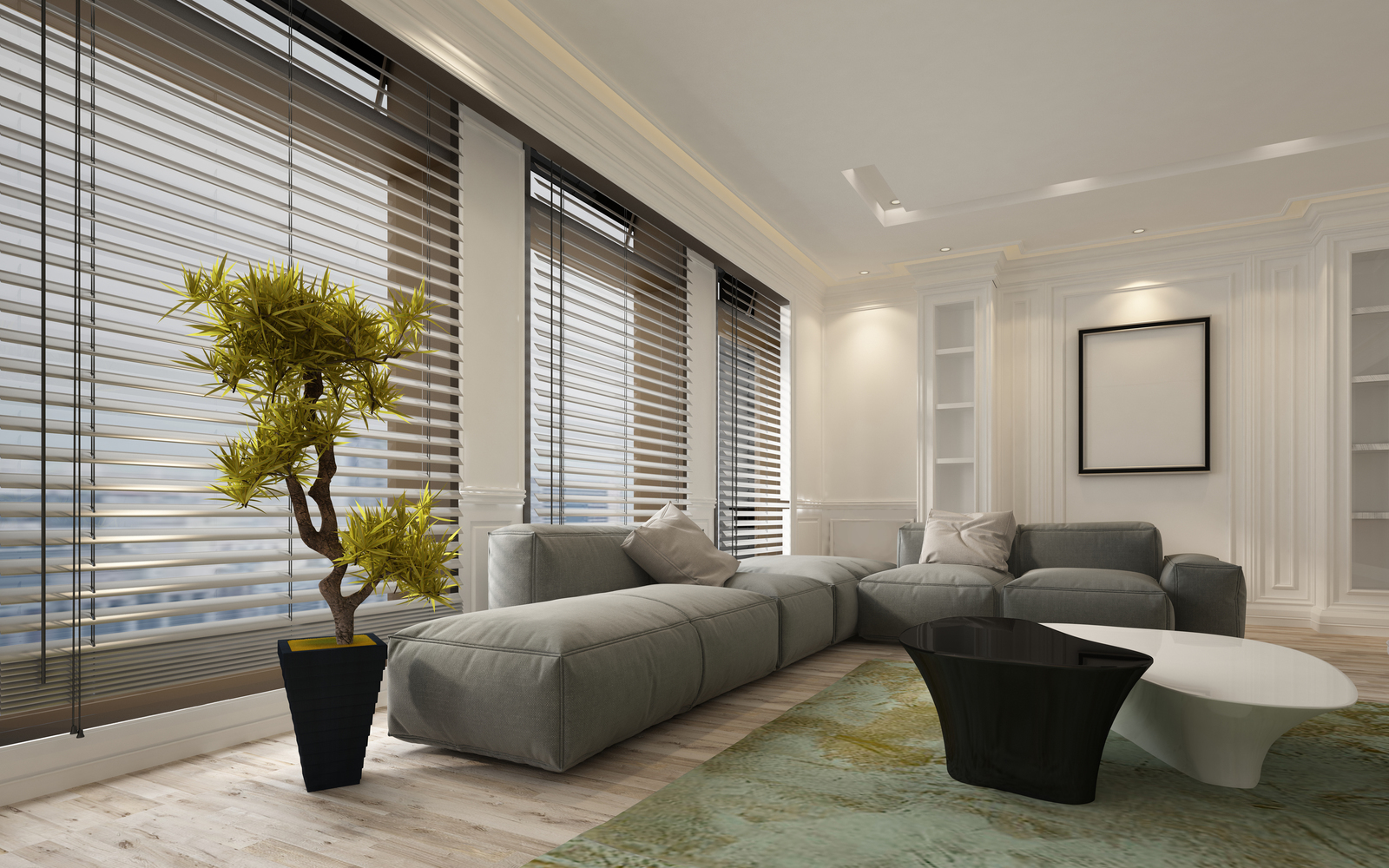Key Factors Affecting Modular Home Pricing
Discover the key factors affecting the cost of modular homes in Canada, including delivery, size, levels, land prep, utilities, permits, and taxes. Learn how each element influences overall pricing to make informed decisions for affordable, customizable housing solutions.
Sponsored

Modular construction has become a popular choice across Canada due to its affordability and eco-friendly benefits. While urban dwellers enjoy modern amenities, the high property prices prompt many to consider modular homes as budget-friendly options. Customizable designs allow owners to tailor spaces to their needs, making modular living a flexible alternative.
Elements That Impact Modular Home Costs
Before purchasing, homeowners should evaluate several cost-influencing elements.
1. Transportation Costs
Shipping expenses vary based on distance, home size, and sections needed for delivery.
Transportation costs can reach up to $12,000, with a typical starting point of approximately $3,000. Expect to pay between $5 and $10 per square foot for delivery-related expenses, depending on the project scope.
2. Floor Area
Size plays a significant role in pricing; larger homes naturally cost more. Expect minimum costs of around $80 per square foot, potentially rising to $160 or more.
Some costs, including delivery and installation, might be bundled into the base price or charged separately based on the contractor's policy.
3. Number of Levels
Two- or three-story modular homes generally command higher prices than single-story designs.
Single-story units, spanning 800-1500 sq ft, typically cost $40,000 to $110,000, with custom builds exceeding $270,000.
Two floors, covering 1500-2500 sq ft, may range from $75,000 to over $570,000 for custom options.
Three-story versions, with 2000-3500 sq ft, often cost between $150,000 and $260,000, with luxury options surpassing $800,000.
4. Number of Bedrooms
The bedroom count influences overall cost; larger homes with more bathrooms tend to be more expensive. For instance, a 2-bed, 1-bath model may be priced between $65,000 and $225,000, whereas a 5-bed, 3-bath can reach $460,000 or higher.
5. Land Preparation
Most sites require foundation work, which involves clearing and leveling the land, adding costs. Expenses include removing debris, grading, and possibly installing driveways or septic systems. Typical costs hover around $2,750, varying by land condition and size.
6. Utility Infrastructure
Utilities such as electricity, water, and HVAC systems entail additional costs. Typical utility installation expenses range from $2,500 to $25,000, covering wiring, water well drilling, septic tanks, and gas lines.
Electrical wiring: $2,000 – $9,000
Water well: $3,000 – $15,000
HVAC: $5,000 – $11,000
Septic system: $3,500 – $10,000
Gas line: $500 – $5,200
7. Permits and Fees
Local regulations may require various permits, including soil testing, occupancy certificates, and driveway permits. Costs can range from $500 to $5,000 depending on location and project scope. It’s vital to consult local authorities to ensure compliance.
8. Taxes
Sales taxes impact overall costs, generally amounting to 5-7% of the home's price. In Canada, expect to pay between $5,000 and $10,000 in sales tax, depending on regional rates.

